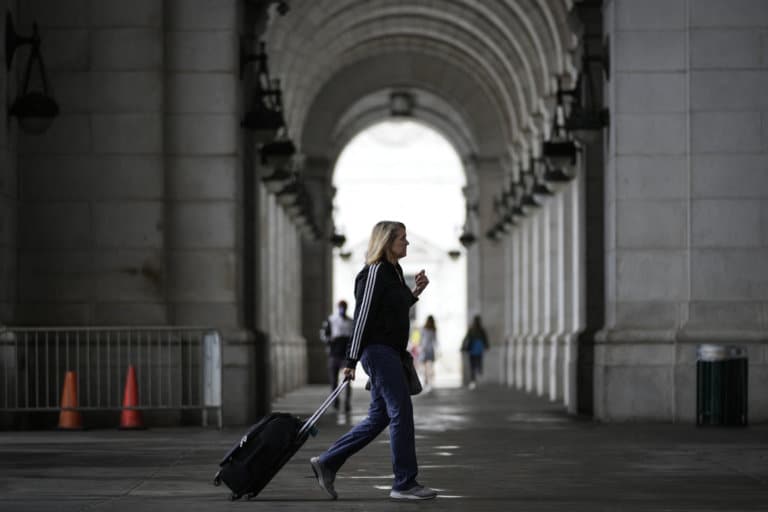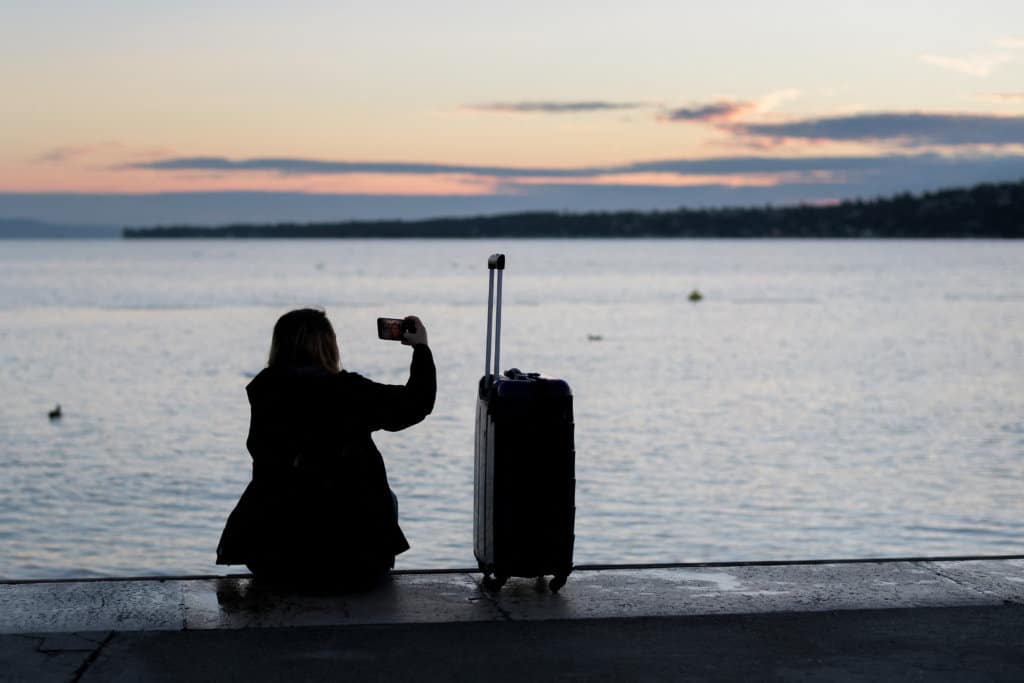
A semester or year abroad is enlightening. Many students see its perks. According to a survey, 95% of students said that their exchange programme resulted in increased maturity, 95% expressed that it had a lasting impact on their worldview, and 96% reported increased self-confidence.
Australian Uzbek Malika Yunus can testify to this. The 23-year-old is currently studying communication design at the University of Europe for Applied Sciences. She lives in Berlin, where she’s pursuing her seventh semester. In Amsterdam, she took a “Maker’s Lab” minor in the Department of Communication and Multimedia Design at the Hogeschool van Amsterdam.
“The most important thing is to step out of your comfort zone!” she shares. “That encompasses many things, but basically, try to do things you’re drawn to but not yet familiar with. That means talking to new people, trying new experiences and foods, and tackling new projects. For example, I happened to be at a cryptocurrency networking event and tried to attend the conference the next day. It didn’t work out, but the whole experience was unforgettable.”
Yunus provides some insightful advice on navigating life as an exchange student, and what to expect:

Spending a semester abroad can expose you to many different countries and cultures. Source: Wang Zhao/AFP
3 ways to take advantage of your student exchange programme
Join any student network
Many student exchange programmes will offer you chances to expand your network, which can be a great help in making connections with international companies. The Erasmus Programme, for example, is propagated by the European Union to allow student exchange in countries around the continent.
Yunus was part of the Erasmus Student Network. “They provided us with useful information, fun activities, meetings and experiences,” she shares. “Many students participated in all the activities in the first few weeks and then none later. My advice is not to participate in everything, but to choose the activities that you really like.”
More than that, such networks often arrange for activities that delve into culture, as well. “It’s great that there are offerings like this, so you should take advantage of them and get inspired about what to look for. For example, last month there was a presentation on people’s culture and food that few people attended — but for me, it was still one of my favourite activities.”
Stay in university-arranged accommodation
Like many who relocate to another country, Yunus was set on finding the perfect place to stay. She had originally aimed to search for apartments in areas that would offer her the best of the city but ultimately decided against it.
“If there is a possibility to get accommodation provided by the university or the supervising organisation, I advise you to take advantage of this,” she says. “I almost made the mistake of looking for an apartment on my own, thinking I would get a better offer. But on the recommendation of a friend, I decided to go with of the dorm.”
This proved the perfect solution. “Not only was it convenient, cheap and central, but I had great roommates who were also on a semester abroad. My friends who were looking for housing on their own wasted a lot of time searching and most were unhappy with their housing.”

Take advantage of the opportunity to travel and experience new things while you are studying abroad. Source: Fabrice Coffrini/AFP
Get involved with the community
Every country offers a new culture, language, and community to get involved in. While much of this can be seen on campus grounds, it’s important to expand your worldview beyond that towards the wider community, too. Student exchange programmes are made all the richer for this.
“Go on a journey of discovery and try not to fall into comfortable habits too quickly!” says Yunus. “Because time is short. I would advise seeing what’s going on at the place of study, and what events there are. I think if you don’t have enough variety, you’re more likely to feel isolated and homesick, even though you’re basically comfortable.”
Remember that while you have much to absorb in another country, there is much that you, as an international student, can expose others to, as well.
“I hosted monthly game nights with a steady group of friends, but invited one or two new people I met each time,” Yunus says. “I also hosted a few vegan cookouts and an iftar for Ramadan. These activities were some of my favourite moments because my close friends became sort of like family away from home.”










